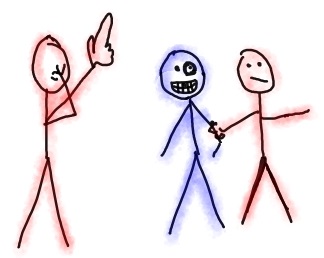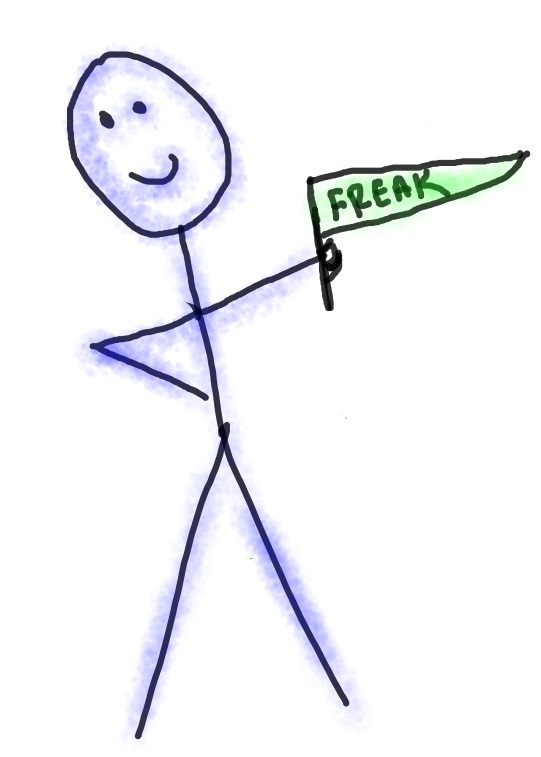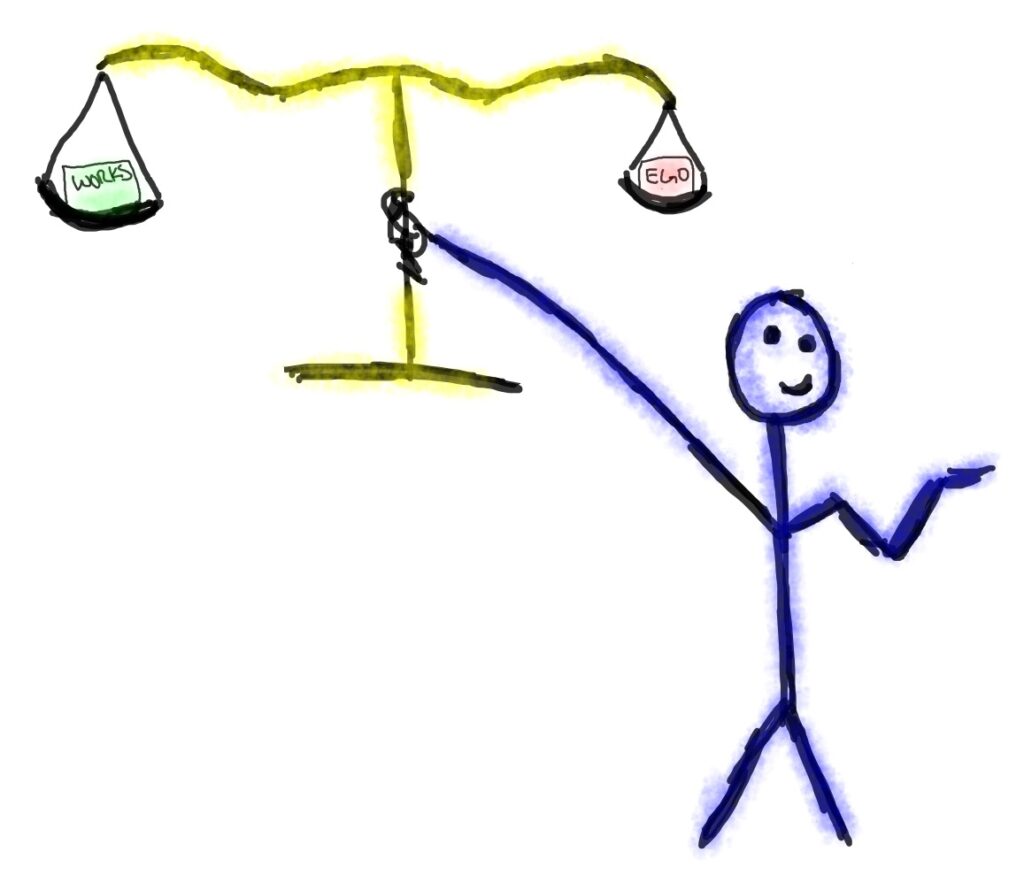(361 words, 84-second read)

After saying those three words, the guy punched me in the stomach, slapped my head, and said, “Get this war criminal out of my sight.”
That conversation was my last with an instructor before heading to the POW camp.
Back story: Back in the early 90s, while in the Navy, I attended Survival, Evasion, Resistance, and Escape (SERE) school. All helicopter aircrew with security clearances had to attend.
The first week was classroom based. We learned how to survive in the unfortunate event we were shot down behind enemy lines. And, in the even more unfortunate event we were caught. At the end of the classroom portion, we were given details:
- Where we flew from.
- Where we were flying to.
- How many people were with us.
- What our “mission” was.
The second week started in the field, where we learned to live off the land and navigate from one point to another without getting caught.
Midway through the second week, it got real. We were captured by the enemy and sent to the POW training camp.
- Fortunately, they were not allowed to hurt or torture us.
- Unfortunately, those two things were loosely defined.
For hours – or what seemed like it – they asked me for answers to the question I mentioned above. I kept telling them, “I don’t remember.” They didn’t believe me. So, I made something up. And it got worse because I was lying.
After being smacked around, stuffed in a box, and water-boarded three times, the instructor finally broke character. He said, “You’re doing a good job of not telling us. But it is okay to tell us some of the information we asked for.”
- I looked at him and said, “I. Don’t. Remember.”
Why this matters: As I shared last week, we (humans) like stories. So, I could have told you that:
- I was in the Navy.
- I was a helicopter aircrewman with a security clearance.
- I attended SERE school in the early 90s.
- I have a really good memory…it’s just short.
But that wouldn’t have been as memorable. Would it?
One big thing: Whenever possible, wrap facts in stories. Your readers will remember them better.
Fun Fact: The first draft for this post was 330.






